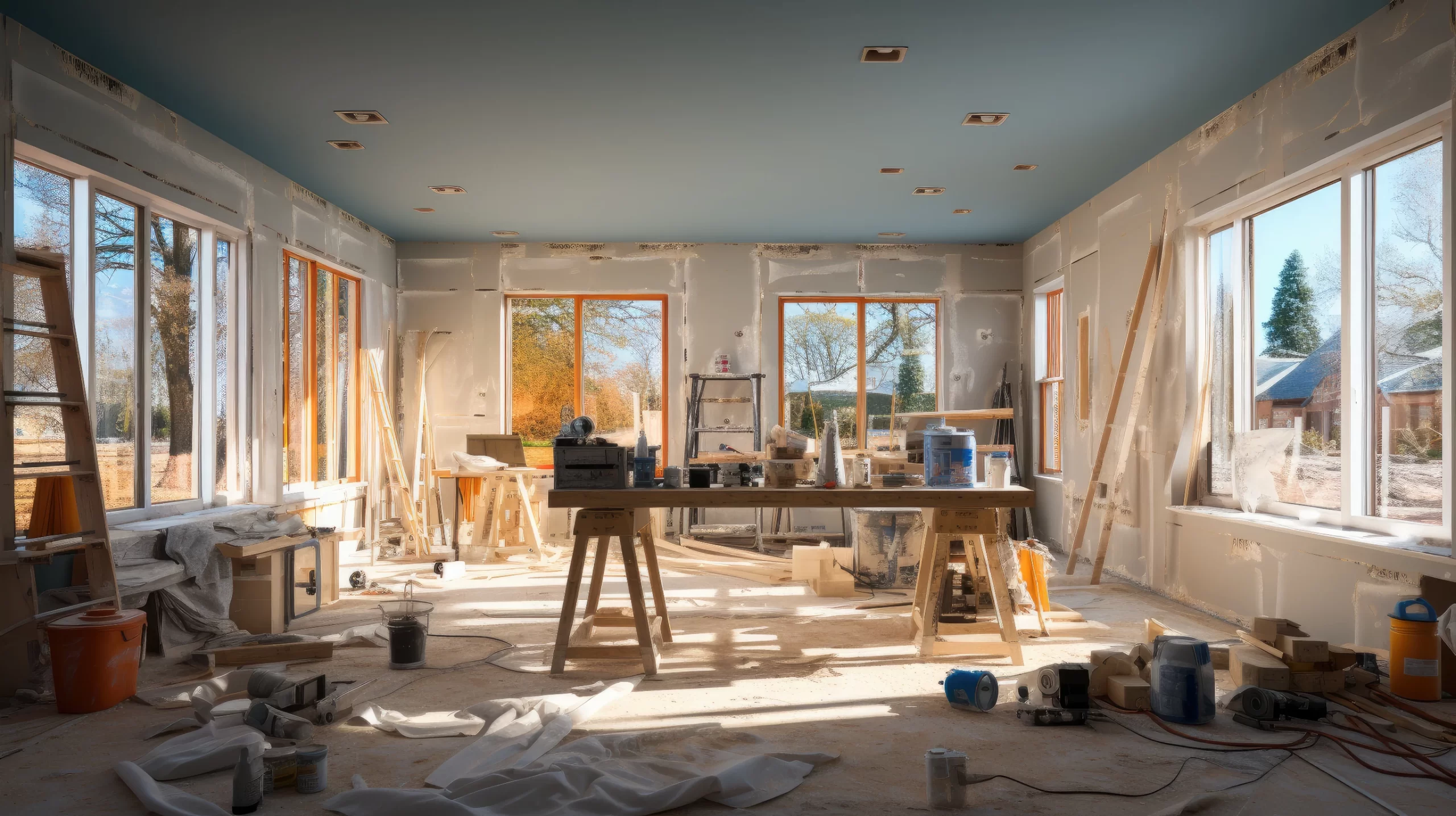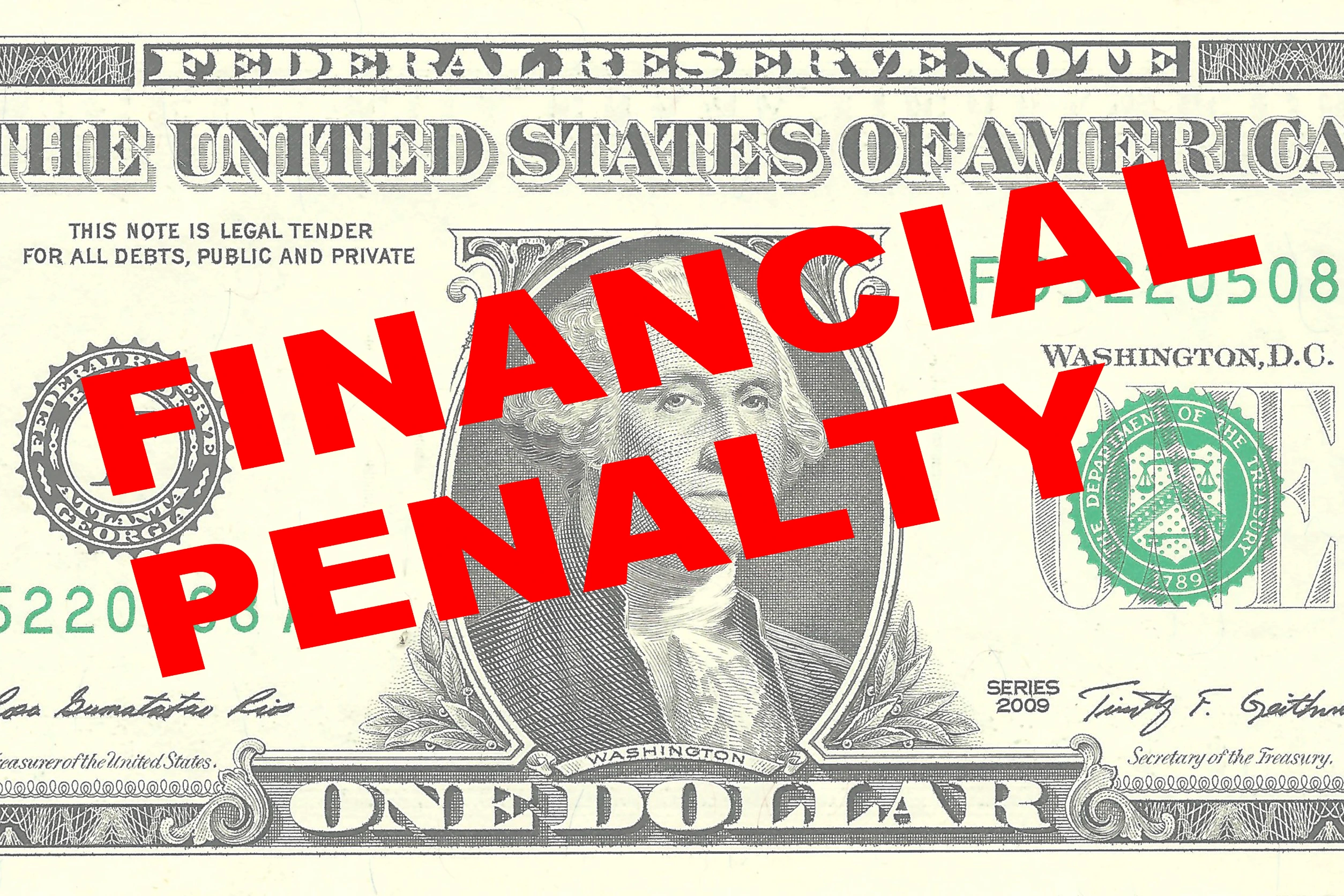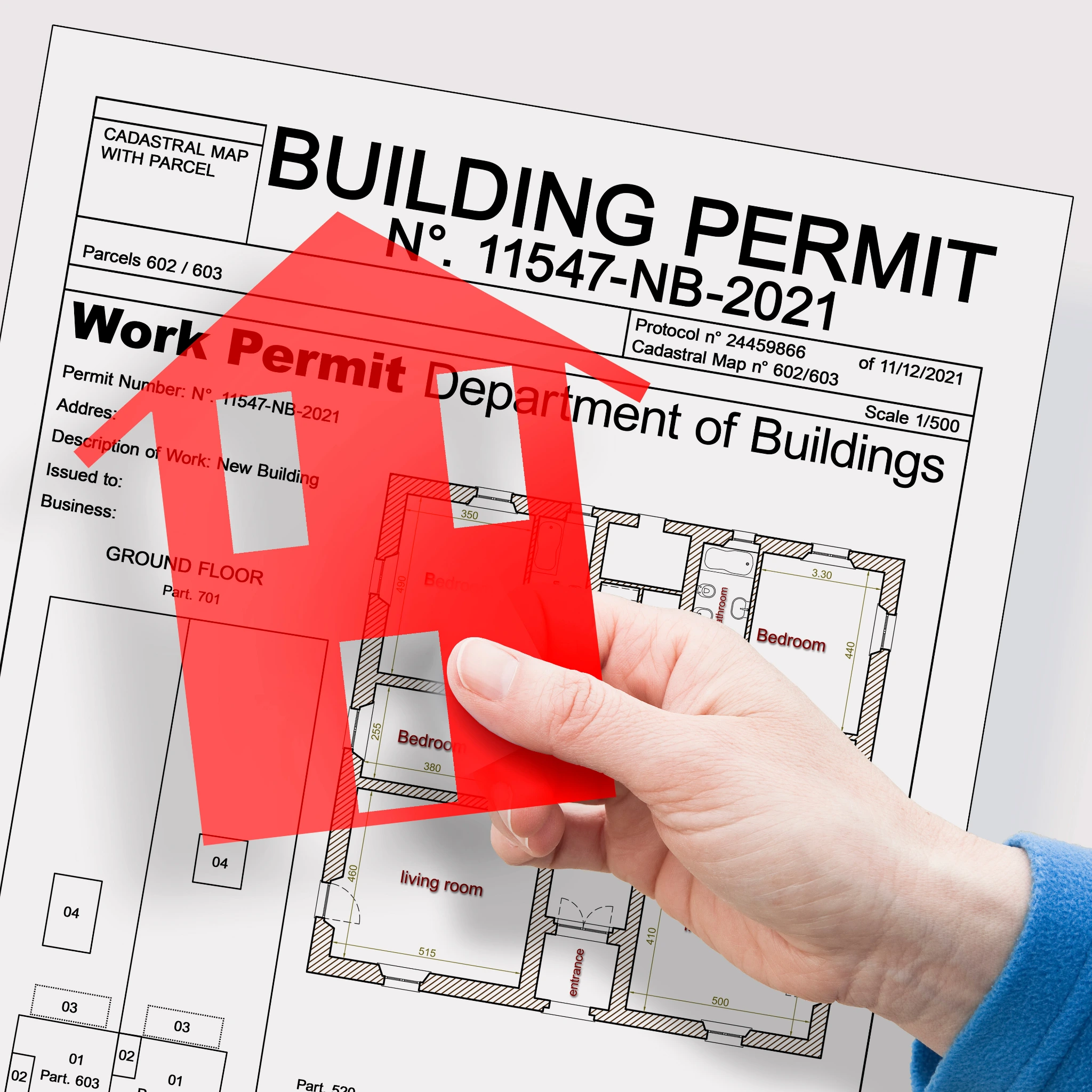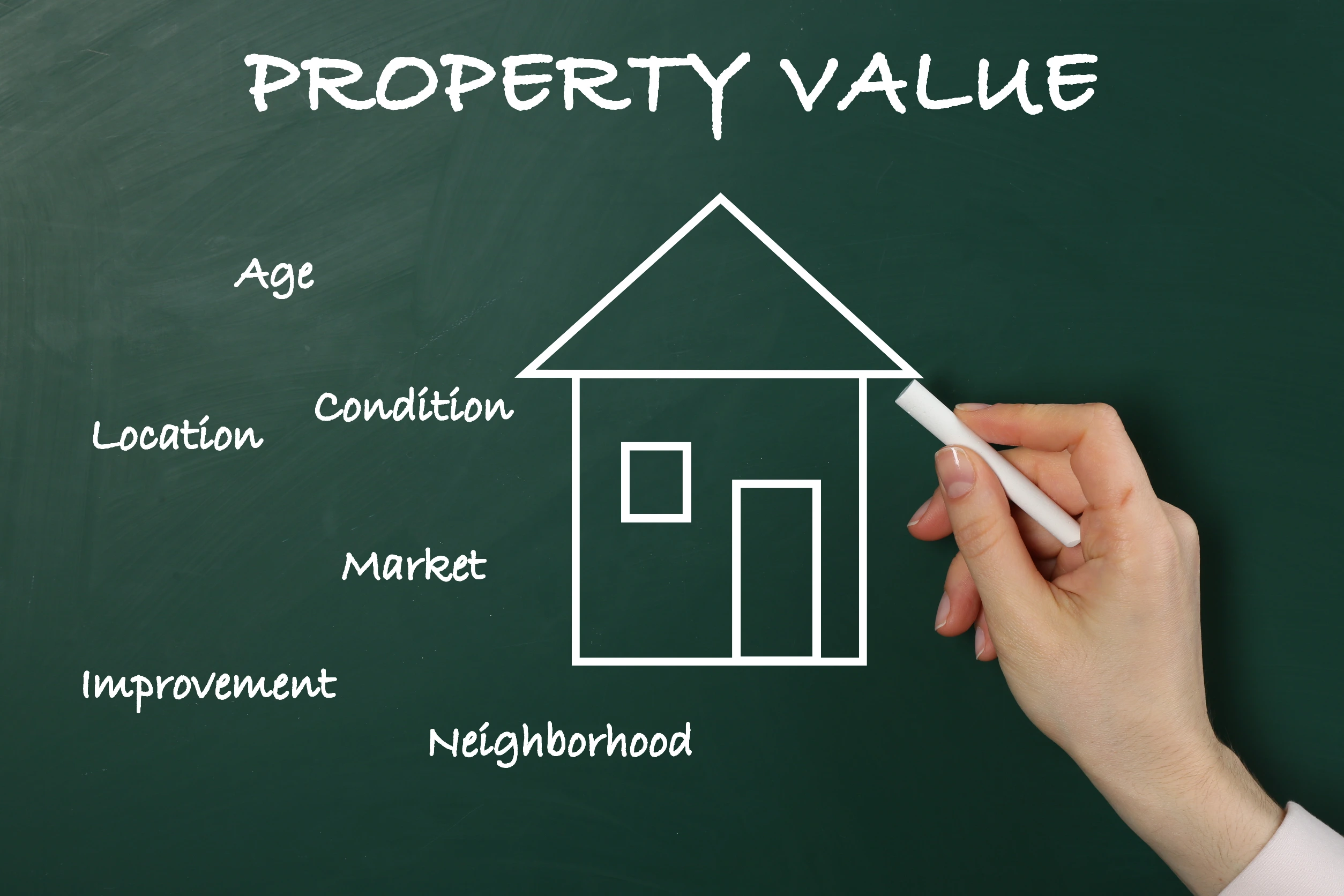
Embarking on a home renovation journey can be exhilarating, but neglecting the essential step of securing permits could lead to dire consequences. The allure of cutting corners and avoiding the permit process may seem like a time and money saver, but the risks involved are substantial and often underestimated. Here we explore 14 catastrophic outcomes that can arise from renovating without a permit, emphasizing the crucial need to adhere to legal and regulatory standards.
1. Severe Financial Penalties

Undertaking a renovation project without the necessary permits can lead to severe financial repercussions. Local authorities impose fines that can be quite hefty, and these can accumulate rapidly, particularly if you ignore initial warnings. These unexpected costs can significantly strain your renovation budget, making what seemed like a cost-saving measure into a costly mistake.
2. Compromised Insurance Coverage

Homeowner’s insurance policies generally stipulate compliance with local building codes, which include obtaining the proper permits. If you renovate without a permit, you risk voiding your insurance coverage. This means that any damage to your property, whether related to the renovation or not, may not be covered, leaving you financially vulnerable.
3. Legal Complications When Selling

When selling a property, you’re required to disclose any renovations and provide the corresponding permits. Lack of permits can lead to legal complications, delay the selling process, or even reduce the property’s value. Buyers are often wary of unpermitted work, as it raises questions about the quality and legality of the renovations.
4. Potential Safety Hazards

Permits are not just bureaucratic hurdles; they ensure that all renovations meet safety standards. By avoiding permits, you might be unwittingly compromising the safety of your home. This oversight can lead to dangerous living conditions, putting you and your family at risk.
5. Difficulty in Obtaining Future Permits

If you’re caught renovating without a permit, it may affect your ability to obtain permits in the future. Local building departments could scrutinize your subsequent applications more rigorously, leading to delays and additional inspections for any future renovation projects.
6. Increased Costs of Subsequent Renovations

Unpermitted renovations often need to be rectified to meet local building codes, which can be a costly and time-consuming process. You may need to undo or redo significant portions of your work, leading to increased costs and extended timelines for your project.
7. Issues with Financing

Banks and other lending institutions often require proof of permits for financing home renovations. If you renovate without a permit, you may face challenges in securing loans or refinancing your home, as lenders are cautious about legal discrepancies and potential safety issues.
8. Neighbor Complaints and Legal Disputes

Unpermitted renovations can lead to complaints from neighbors, especially if the construction affects shared property lines, drainage, or violates zoning laws. Such disputes can escalate into legal battles, causing stress and potential financial burdens.
9. Impact on Warranty Claims

Some home warranties and guarantees require that all renovations and repairs be permitted and performed to code. Unpermitted work could nullify these warranties, leaving you without recourse for faulty construction or defects.
10. Difficulty in Getting Work Inspected

Renovations done without permits bypass mandatory inspections, which are vital in ensuring the work meets safety and quality standards. If issues arise later, it can be challenging to get the work inspected and approved retroactively.
11. Risk of Work Being Red-Tagged

Local authorities can issue a stop-work order, also known as being “red-tagged,” if they discover unpermitted work. This can halt your renovation project indefinitely until permits are obtained and fines are paid, leading to significant delays.
12. Complications with Homeowner Associations (HOAs)

If you live in a community with an HOA, unpermitted renovations can violate their regulations, leading to conflicts and penalties. HOAs often have strict rules about modifications to properties and may require proof of permits for any changes.
13. Impact on Neighborhood Property Values

Unpermitted renovations can negatively impact the property values in your neighborhood. They can set a precedent for non-compliance with local codes, affecting the community’s overall appeal and market value.
14. Personal Stress and Anxiety

Navigating the consequences of unpermitted renovations can be a source of significant stress and anxiety. The constant worry about being discovered by authorities, facing legal actions, or dealing with safety concerns can take a toll on your mental well-being.
Regret and Financial Strain

Renovating your home should be an exciting and rewarding experience, not a source of regret and financial strain. Understanding and respecting the importance of obtaining permits is crucial for a successful renovation project. Always consult with professionals and adhere to local regulations to ensure your renovation journey is both enjoyable and compliant.
Thinking about renovating? Share this article to inform others about the importance of permits and help them avoid these costly mistakes!
Tamila McDonald is a U.S. Army veteran with 20 years of service, including five years as a military financial advisor. After retiring from the Army, she spent eight years as an AFCPE-certified personal financial advisor for wounded warriors and their families. Now she writes about personal finance and benefits programs for numerous financial websites.
Leave a Reply